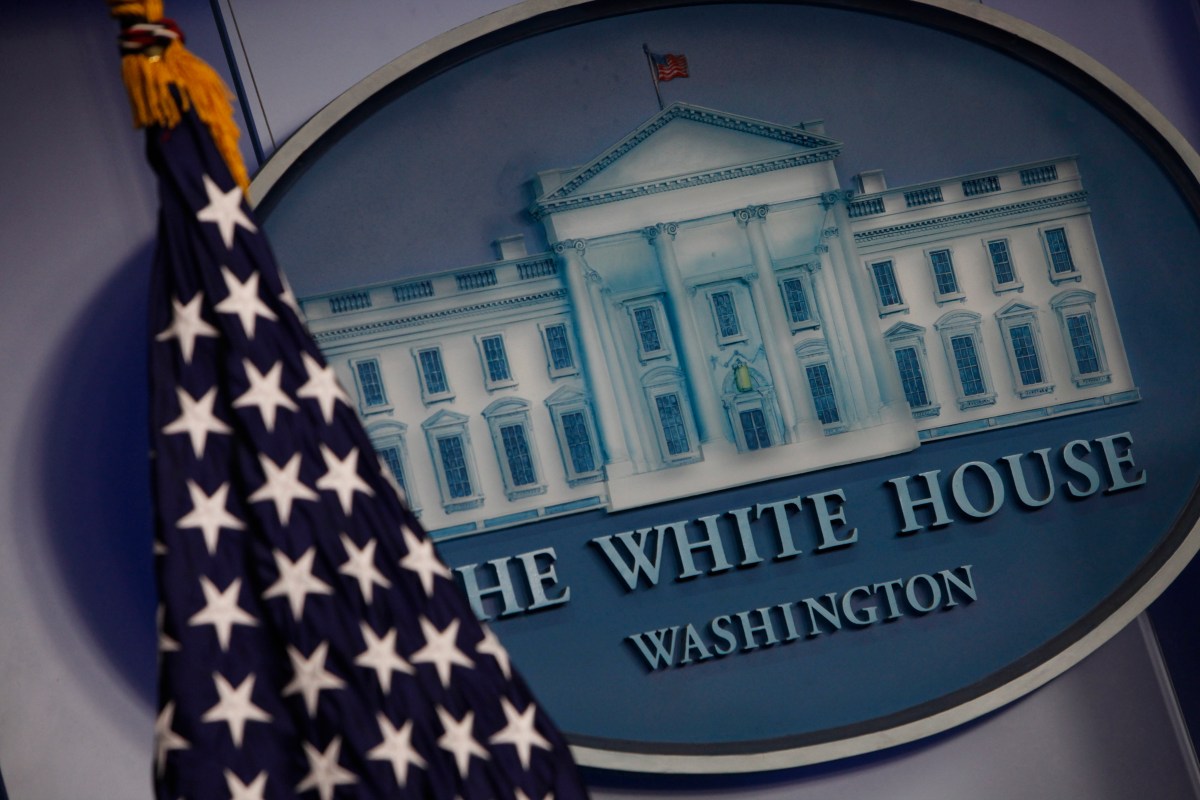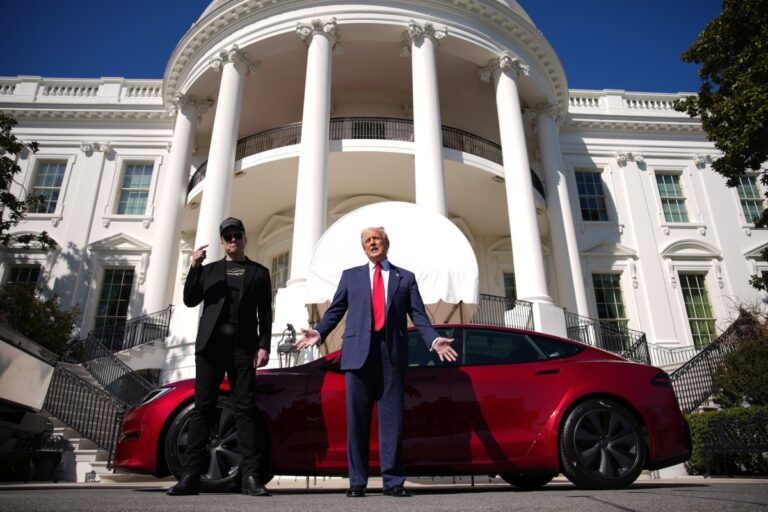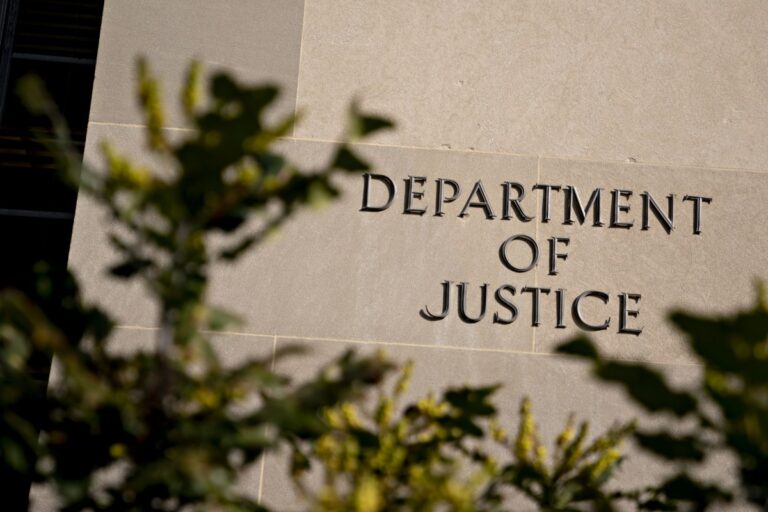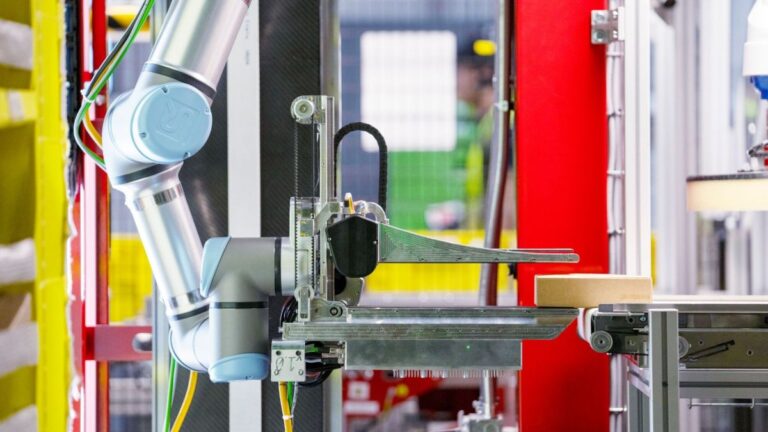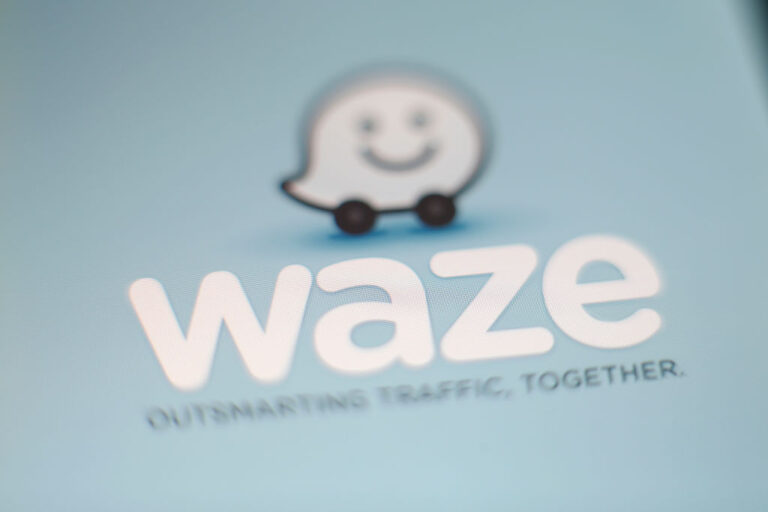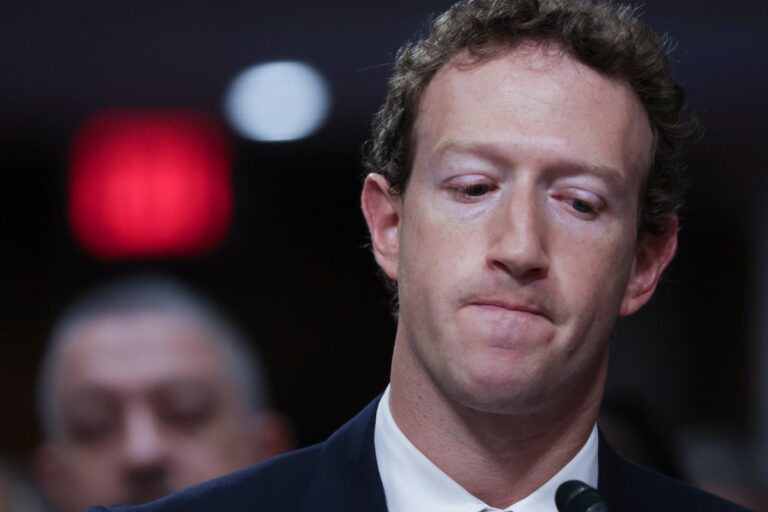AI Under Scrutiny: Will Biden’s Initiatives Thrive Beyond the Trump Presidency?
Welcome to this week’s edition of our AI newsletter, where we explore the latest developments in artificial intelligence and technology policy. This week, significant changes from the Biden administration have been announced, particularly affecting the AI chip export landscape.
New AI Chip Export Restrictions Announced
On Monday, the White House unveiled new restrictions on exporting AI chips, which have drawn criticism from major tech companies like Nvidia. These regulations, if implemented as planned, could significantly impact Nvidia’s business operations.
Executive Order for AI Data Centers
In a surprising move on Tuesday, the Biden administration also issued an executive order that allows the establishment of AI data centers on federal land. This decision raises questions about its long-term implications, especially with the upcoming transition to a new administration.
Will Trump Reverse Biden’s AI Policies?
As President Trump prepares to take office on January 20, there are concerns about whether he will roll back Biden’s initiatives. So far, Trump has not indicated his intentions regarding these AI regulations. If he chooses to act, the potential for significant changes exists.
- Biden’s export rules will undergo a 120-day comment period before taking effect.
- Trump will have the authority to modify or revoke these measures.
- Former PayPal COO David Sacks has pledged to repeal previous executive orders related to AI safety standards.
Potential Continuity in AI Policies
Interestingly, Trump has made commitments that align with Biden’s approach to AI infrastructure. He has promised to expedite permits for companies investing over $1 billion in the U.S. Additionally, he appointed Lee Zeldin, who aims to reduce regulatory burdens for businesses, to lead the EPA.
Key Considerations for AI Export Rules
Some elements of Biden’s export regulations may remain in place, particularly those targeting China, which Trump has openly identified as a key rival in AI technology. One contentious point is Israel’s inclusion in the list of countries affected by AI hardware trade restrictions. Trump’s historical support for Israel raises questions about how he might handle these regulations.
We expect to gain more clarity on these issues in the coming week.
AI News Highlights
- ChatGPT Update: OpenAI’s ChatGPT now allows paying users to set reminders through a new feature called Tasks.
- Meta vs. OpenAI: New court documents reveal that Meta has been striving to compete with OpenAI’s GPT-4 during the development of its Llama 3 models.
- OpenAI Board Expansion: Adebayo Ogunlesi from BlackRock has joined OpenAI’s board, reflecting significant changes in the organization.
- Blaize IPO: Blaize, an AI chip startup, plans to go public in 2025, having raised $335 million since its inception.
- AI Reasoning in Multiple Languages: OpenAI’s o1 AI reasoning model demonstrates unexpected multilingual capabilities.
Research Insights
A recent study co-authored by Dan Hendrycks, an advisor to Elon Musk’s AI company, xAI, indicates that many safety benchmarks for AI correlate with the models’ capabilities. The researchers highlight that as model performance improves, so do the scores on safety benchmarks, which may misrepresent their actual safety.
To address these issues, the study proposes developing more meaningful safety metrics that could enhance the science behind AI safety evaluations.
Innovative AI Developments
Japanese AI firm Sakana AI has introduced a new method called Transformer², which adapts dynamically to different tasks, enhancing its applicability to various AI models.
Open Source AI Alternatives
A team of developers has launched an open-source alternative to AI search engines named PrAIvateSearch, available on GitHub. This project aims to provide local and private search functionalities powered by openly available AI models.
For more information on these developments and to stay updated on AI trends, consider signing up for our newsletter here.

